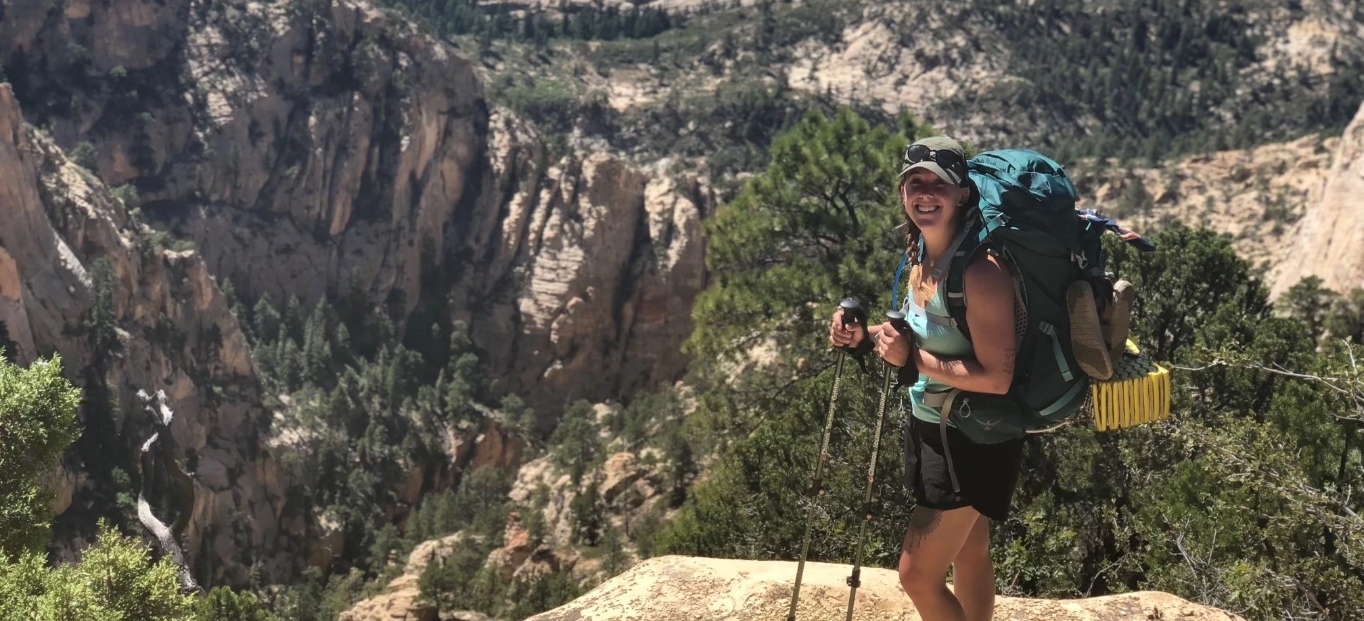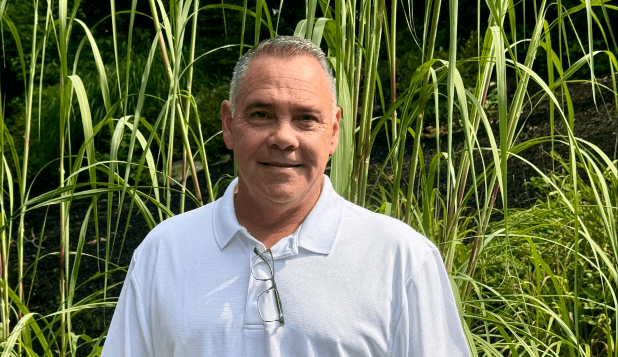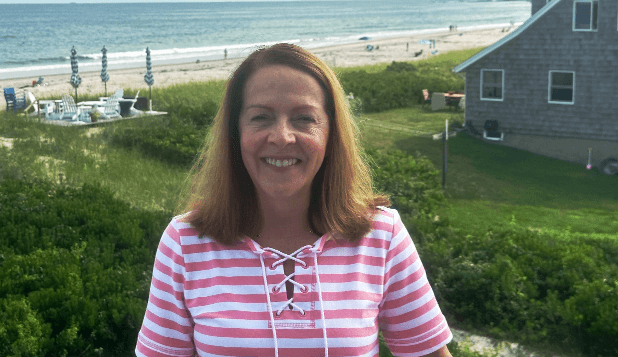

OSA Stories
Miranda

I first started experiencing obstructive sleep apnea (OSA) symptoms when I was a kid. My friends used to complain about my snoring at sleepovers or tell me that it sounded like I had stopped breathing while I was sleeping. I had never heard about sleep disorders, so I never thought to mention it to my parents or a doctor.
In high school, I started to struggle more with sleepiness. I started taking multi-hour naps every day after school, and I really felt like I had to pour significantly more time into studying to be able to retain what I was learning in class. By the time I went to college, my symptoms had worsened. I struggled to be on time for my early morning classes, both from waking up late and from needing to stop for a triple red-eye coffee on my way to class. I also began giving myself “nap rewards” during study sessions, and I always had to make time to nap before going to social outings in the evening.
Despite all this effort and extreme sleepiness, I wasn’t worried. I remember thinking that this was the universal college experience and that my exhaustion was a result of balancing a double major, social commitments, and working as a research assistant in a laboratory. It wasn’t until I fell asleep at the wheel of my car that I became concerned.
Serendipitously, my interest in neuroscience led me to become a research assistant in a sleep laboratory, of all places. I served as a mentor to high school students engaged in a sleep research summer program. When I was putting together the teaching materials, I read about the symptoms of OSA for the first time and instantly recognized them in myself. Members of the research team then directed me to where I could participate in an in-lab sleep test.
During the sleep study, I discussed my symptoms with the sleep technologists. To my surprise, they dismissed my symptoms, saying I didn’t fit the profile of someone with sleep apnea. When I finally received a positive diagnosis, I was initially shocked and embarrassed, but I was also relieved to finally have an answer for the symptoms I was experiencing and know that there was a potential solution to fix them.
I credit treatment with giving me back my vitality and my motivation and giving me the energy I needed to complete my studies. Since my diagnosis, I received my doctorate and am now a trained sleep neuroscientist. I am excited to be working in this field and sharing my unique perspective as an individual living with OSA, using both lived experiences to raise awareness of sleep apnea, reduce stigma, and combat the stereotype.

